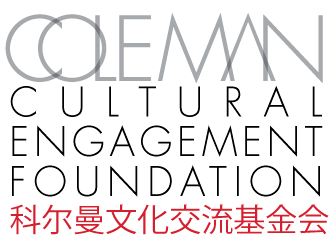The dragon has been given a prominent place in the Foundation’s literature precisely because it is somewhat controversial and speaks to the importance of border crossing.
The meaning of the dragon changes drastically as one crosses from the West to the East. In western culture and literature, the dragon is usually depicted as a demonic symbol – representing evil, violence, and distrust. Most Western dragons are malevolent.
Crossing into Asia, the dragon takes on a very different meaning. There are Japanese dragons, Korean dragons and nine types of Chinese dragons. Usually they are symbols of good fortune, harmony, prosperity, and wisdom. Most Eastern dragons are benevolent.
The quotes below explain the differences:
The Official Jiulong Baguazhang Website
Retrieved from Nine Dragon Baguazhang
China History Forum
Retrieved from Western Dragon vs. Eastern Dragon
The meaning of the dragon is dependent on perspective. To understand one another, it is important to realize that the meanings of symbols and words, and even “dragons,” are dependent on perspectives anchored in one’s culture and bordered by “fences.”
And so the dragon is a symbol that can elicit very different feelings depending on which side of the border one resides. “ Understanding” is premised on crossing over. The dragon reminds us of the importance of taking that first step and engaging those on the other side.

